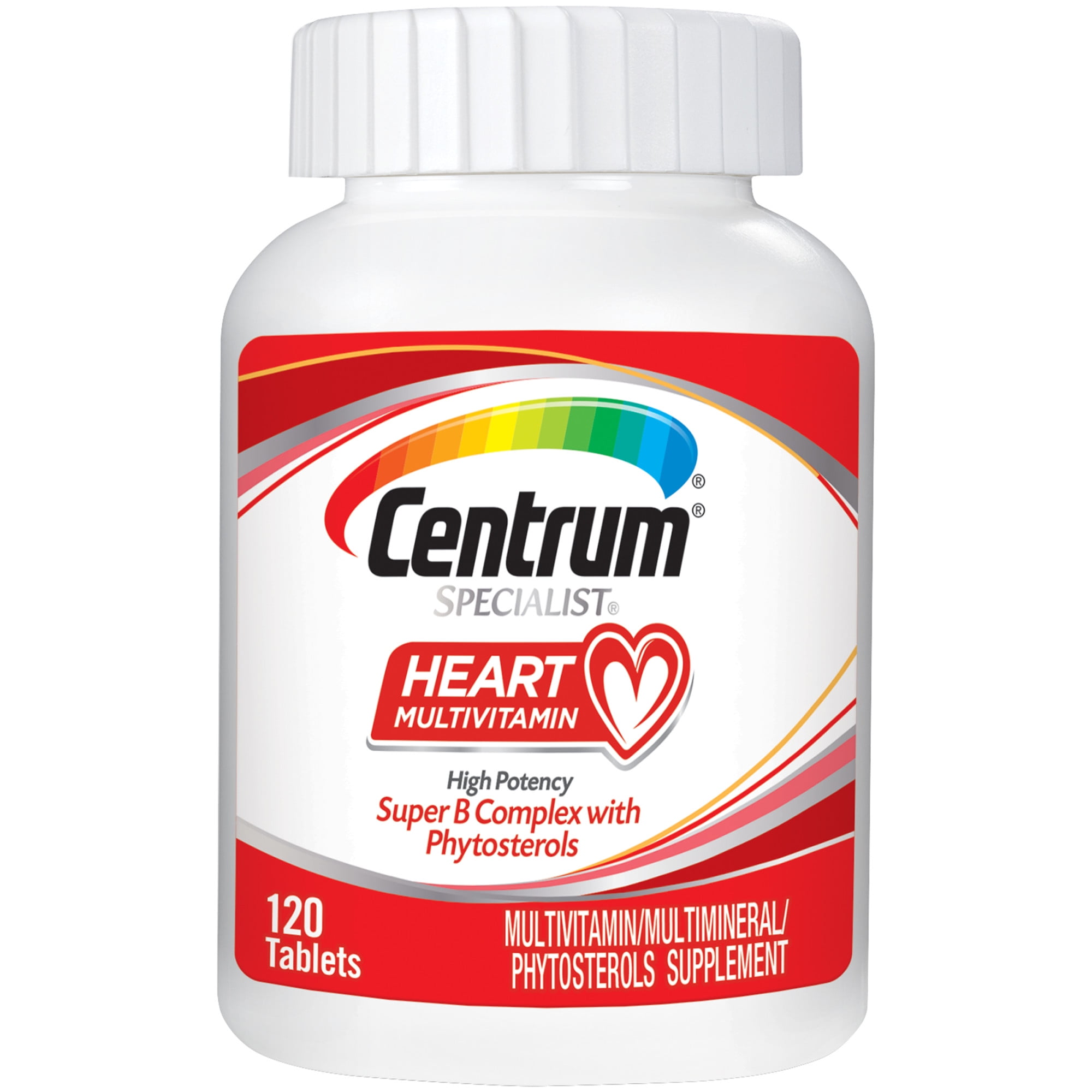Vitamin for Heart Health

Vitamin D
Vitamin D is essential for overall health, including heart health. It helps regulate blood pressure, reduce inflammation, and improve endothelial function (the lining of blood vessels). Vitamin D also helps the body absorb calcium, which is important for strong bones and muscles.
How to Get Vitamin D
The best way to get vitamin D is through sunlight. When your skin is exposed to sunlight, it produces vitamin D naturally. However, many people don't get enough sunlight, especially during the winter months. You can also get vitamin D from foods such as fatty fish, egg yolks, and fortified foods like milk and cereal. If you are not getting enough vitamin D from sunlight and food, you may need to take a supplement.
FAQ:
Q: How much vitamin D do I need?
A: The amount of vitamin D you need depends on your age and health status. The recommended daily intake for most adults is 600-800 IU, but some people may need more.
Vitamin B1
Vitamin B1, also known as thiamine, helps the body convert food into energy. It also helps regulate the nervous system and maintain a healthy heart.
How to Get Vitamin B1
You can get vitamin B1 from a variety of foods, including whole grains, nuts, and beans. It is also found in fortified foods like cereal and bread. If you are not getting enough vitamin B1 from your diet, you may need to take a supplement.
FAQ:
Q: What are the symptoms of vitamin B1 deficiency?
A: Symptoms of vitamin B1 deficiency include fatigue, weakness, and nerve damage.
Vitamin E
Vitamin E is a powerful antioxidant that helps protect the body from damage caused by free radicals. It also helps improve circulation and prevent blood clots, which can reduce the risk of heart disease.
How to Get Vitamin E
You can get vitamin E from a variety of foods, including nuts, seeds, and leafy green vegetables. It is also found in fortified foods like cereal and oil. If you are not getting enough vitamin E from your diet, you may need to take a supplement.
FAQ:
Q: Can I get too much vitamin E?
A: Yes, taking high doses of vitamin E supplements can be harmful. The recommended daily intake for adults is 15 mg, and it is best to get vitamin E from food sources rather than supplements.
Vitamin C
Vitamin C is another powerful antioxidant that helps protect the body from damage caused by free radicals. It also helps improve circulation and may lower blood pressure, which can reduce the risk of heart disease.
How to Get Vitamin C
You can get vitamin C from a variety of foods, including citrus fruits, berries, and leafy green vegetables. It is also found in fortified foods like cereal and juice. If you are not getting enough vitamin C from your diet, you may need to take a supplement.
FAQ:
Q: Can vitamin C prevent colds?
A: While vitamin C may help boost the immune system, there is no evidence that it can prevent colds.
In conclusion, taking vitamins can be an important part of a healthy lifestyle that can help prevent heart disease. However, it is important to get vitamins from a balanced diet whenever possible and to talk to your doctor before taking supplements.
Pros and Cons of Taking Vitamins for Heart Health
| Pros | Cons |
|---|---|
| May help prevent heart disease | Can interact with medications |
| May improve overall health | May cause side effects |
| May be necessary for people with nutrient deficiencies | May be unnecessary for people with a balanced diet |
FAQ
1. Is it safe to take vitamins for heart health?
It is generally safe to take vitamins for heart health, but it is important to talk to your doctor before starting any new supplements. Some vitamins can interact with medications or cause side effects.
2. Can vitamins replace a healthy diet?
No, vitamins cannot replace a healthy diet. It is important to get vitamins from a balanced diet whenever possible.
3. Can I get enough vitamins from food alone?
Yes, it is possible to get enough vitamins from food alone if you eat a balanced diet that includes a variety of nutrient-rich foods.
4. Should I take a multivitamin for heart health?
It depends on your individual needs and health status. If you are not getting enough vitamins from your diet, a multivitamin may be beneficial. However, it is important to talk to your doctor before taking any new supplements.
